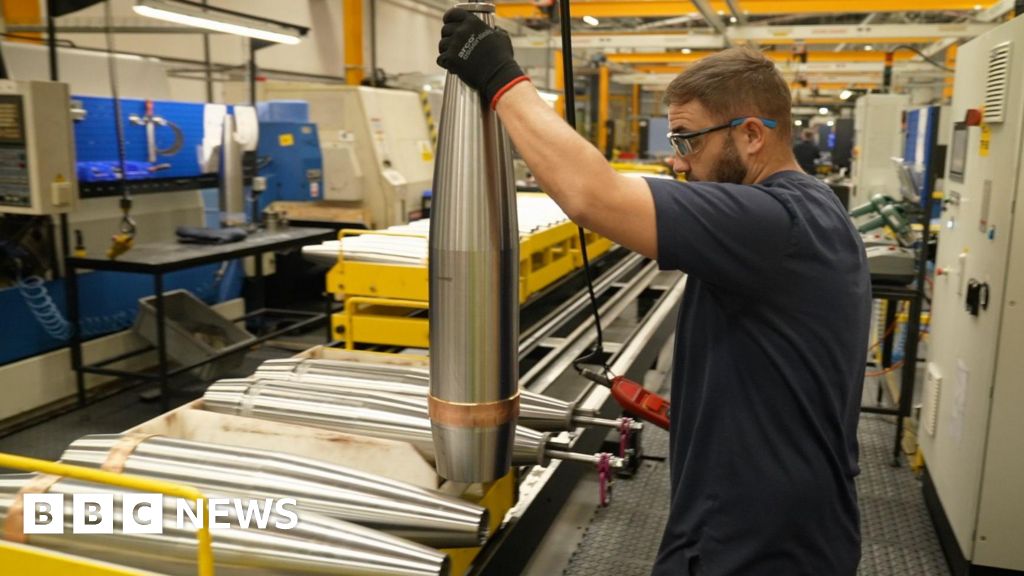ARTICLE AD BOX
By Chris Morris
Global Trade Correspondent
Image source, Reuters
Image caption,Ms Trevelyan has invited the US for further talks in January.
The International Trade Secretary, Anne-Marie Trevelyan, has warned the US the UK could step up retaliatory measures if punitive tariffs on UK steel exports are not lifted soon.
She has been in the US for talks with the Commerce Secretary Gina Raimondo.
On her return, Ms Trevelyan said "we had a very frank conversation".
"I was very clear that the pressures we are under to use countervailing measures if we can't solve the problem are becoming more acute," she said.
Ms Trevelyan said she had invited Ms Raimondo to London for further talks on the issue in January. But by then, UK companies will be at a competitive disadvantage compared to companies based in the EU.
"I am very keen that we solve this with what is our closest ally in the US through a positive removal" of the tariffs, Ms Trevelyan said.
She said that resolving the dispute would benefit workers and businesses on both sides of the Atlantic.
The Trump-era tariffs of 25% on steel exports (and 10% on aluminium exports) were imposed when the UK was part of the European Union.
The EU and the US have now concluded an agreement that will see them lifted from 1 January. But the tariffs on UK producers remain.
When asked why further talks with the US weren't happening before 1 January, Ms Trevelyan said the US chose to have a discussion with the EU first because it was a larger trading partner.
If the issue isn't resolved quickly, the UK could increase existing retaliatory tariffs on products such as US whisky and cosmetics.
It could also broaden the scope of the retaliatory measures to include other items, including lobsters, electric motors and orange juice.
US President Joe Biden has so far refused to cancel the measures put in place by his predecessor.
Hopes of a post-Brexit US free trade deal have waned after Mr Biden said such agreements were not a priority while he focuses on his domestic agenda.
There have been breakthroughs, however. In June the UK and EU reached deals with the US to suspend tariffs for five years over subsidies given to aircraft makers Airbus and Boeing.

 3 years ago
48
3 years ago
48








 English (US) ·
English (US) ·